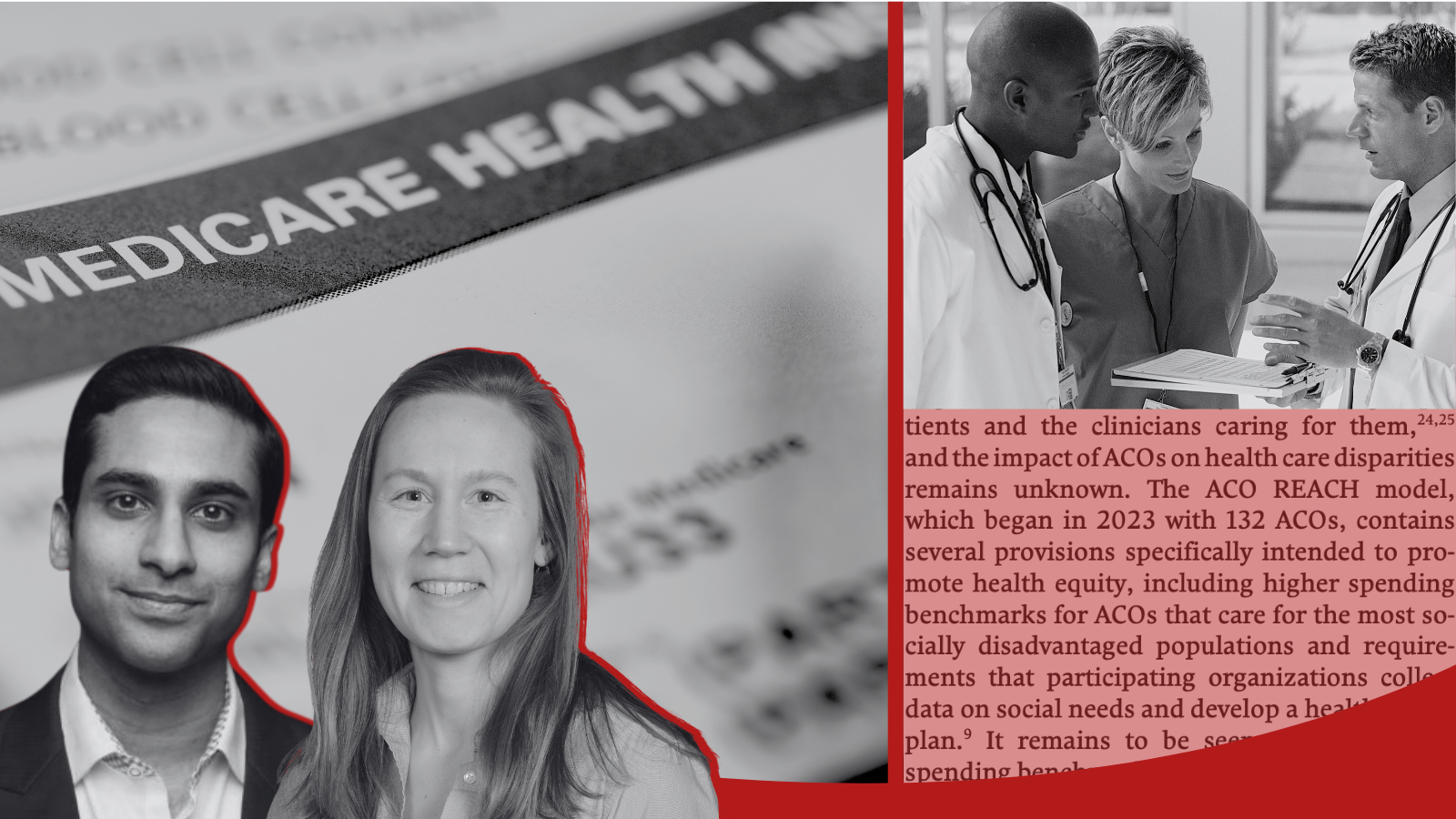
Accountable care organizations (ACOs) are groups of health care practitioners and institutions responsible for the quality and cost of care for their attributed patients. Although ACOs are among Medicare’s most prominent value-based payment efforts, there is limited research on whether or how they change outcomes for patient populations facing barriers to high-quality health care, such as low-income individuals and members of racial and ethnic minority groups, who comprise five to ten percent of patients in the ACO program.
In a study published in Health Affairs, a research team led Dr. Dhruv Khullar, assistant professor of population health sciences, and Dr. Amelia Bond, assistant professor of population health sciences, investigated how ACO leaders aim to meet the needs of their socially vulnerable patients. The researchers conducted semi-structured interviews with 49 ACO leaders across the US to examine the strategies and programs they use, the barriers they face, and the Medicare program reforms that could support their efforts.
The interviews highlight several major themes. For example, while many organizations are trying to collect data on their patients’ social needs, some leaders reported difficulty acting on that data, due to lack of organizational or community resources. Other leaders reported that the uncertainty and size of shared savings made it difficult to invest in and maintain programs that support the needs of socially vulnerable patients. Leaders identified a number of possible Medicare program reforms that could enhance their efforts, including those related to reimbursement, logistical support, quality metrics, and patient benefits.
“Our study suggests that ACO leaders are increasingly trying to meet not only the medical needs, but also the social needs, of their patients,” Dr. Khullar said. “But they reported a number of barriers that have made it difficult for them to fully meet those needs, and proposed some possible reforms that they believe could help.
Given their findings, the researchers also raised the possibility that greater direct investment in sectors such as housing, transportation, and public safety may be a more effective path toward supporting patients’ social needs than relying on health care organizations to do so.
- Highlights

